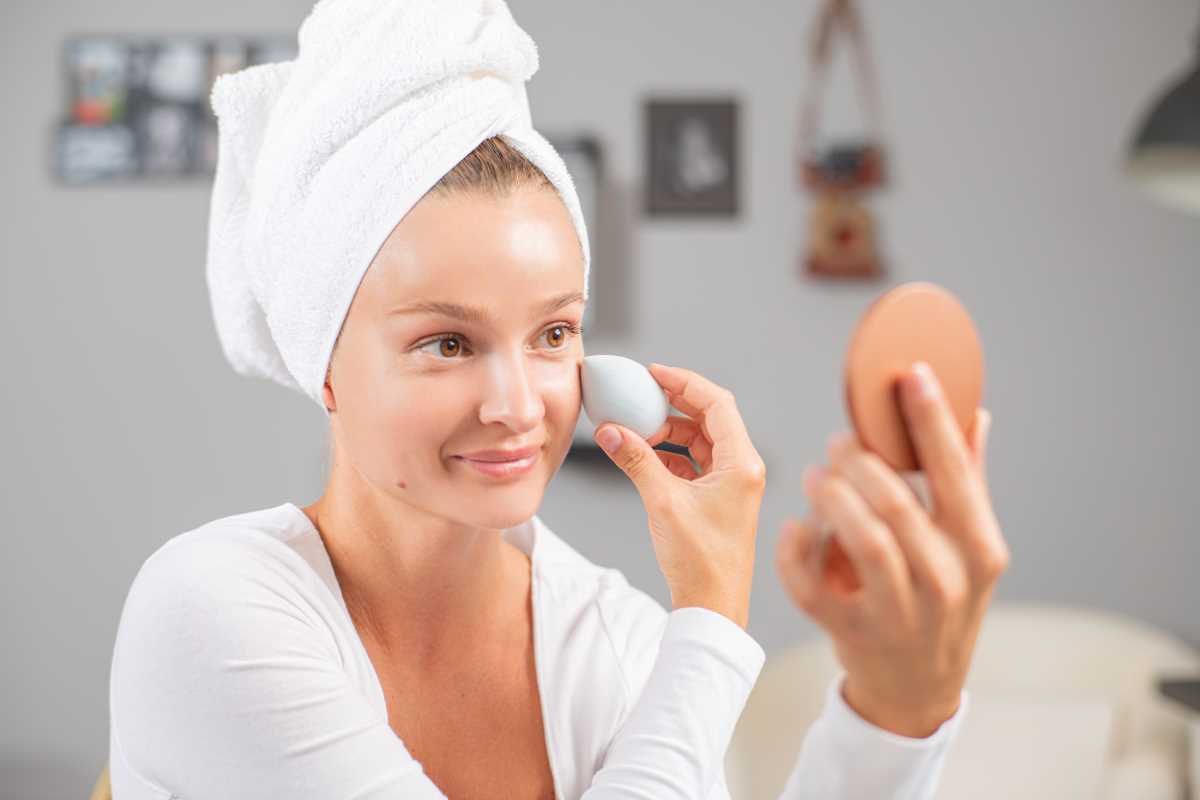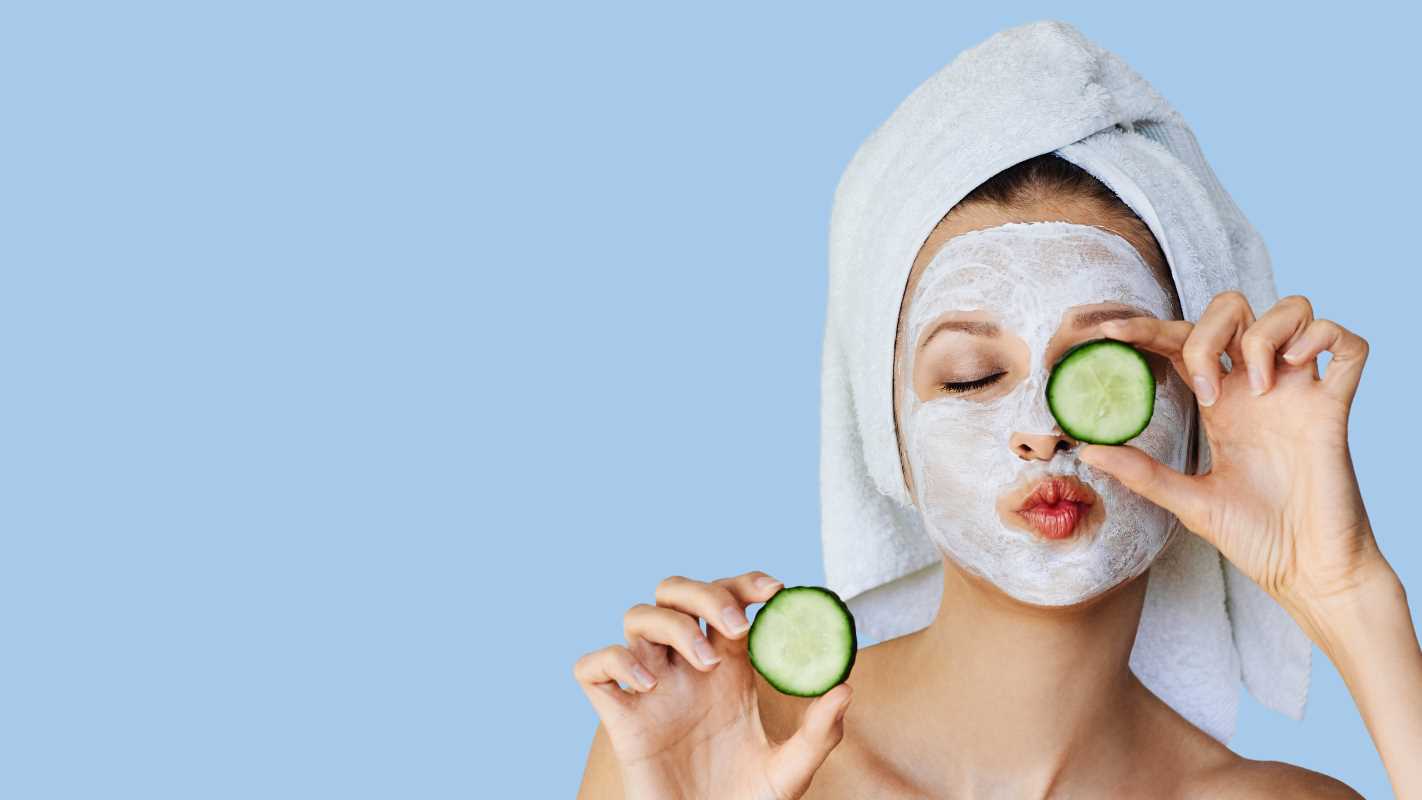Transitioning to natural hair care products can be a game-changer for your hair health. Natural shampoos are free from harsh chemicals, which can benefit your hair and scalp in the long run. When it comes to finding the perfect natural shampoo for your hair, it's essential to consider factors such as hair type, ingredients, and personal preferences. Here are some tips to help you choose the right natural shampoo for your hair:
Choosing the Right Natural Shampoo
When selecting a natural shampoo, consider the following factors:
- Hair type: Choose a shampoo that is formulated for your specific hair type (e.g., oily, dry, color-treated).
- Ingredients: Look for shampoos that contain natural ingredients and are free from harsh chemicals like sulfates, parabens, and silicones.
- Scent: Consider your personal preference for fragrance when choosing a shampoo.
- Price: Natural shampoos can vary in price, so it's important to find one that fits your budget.
Understanding Your Hair Type
Knowing your hair type is crucial when selecting a natural shampoo that will work best for you. Whether you have straight, curly, wavy, oily, dry, or color-treated hair, there are natural shampoos formulated to cater to specific needs. For example, if you have dry hair, look for a natural shampoo enriched with moisturizing ingredients like coconut oil or shea butter. Understanding your hair type will guide you in finding the perfect match for your hair.
Checking the Ingredients
One of the key benefits of natural shampoos is the use of clean and organic ingredients. When reading the label of a natural shampoo, look out for ingredients like essential oils, plant extracts, and vitamins that nourish and strengthen your hair. Avoid shampoos containing sulfates, parabens, and artificial fragrances, as these can strip your hair of its natural oils and cause damage over time. Opt for natural shampoos with ingredients that promote healthy hair growth and maintain scalp health.
Understanding the Ingredients
Natural shampoos often contain a variety of beneficial ingredients, including:
- Essential oils: Essential oils like lavender, rosemary, and tea tree oil can have soothing and cleansing properties for the scalp.
- Plant extracts: Extracts from plants like aloe vera, chamomile, and coconut can nourish and hydrate the hair.
- Natural surfactants: Instead of harsh detergents, natural shampoos often use gentle surfactants derived from plants or sugar.
- Moisturizing agents: Ingredients like shea butter, jojoba oil, and argan oil can help to moisturize and condition the hair.
Considering Your Scalp Condition
Apart from your hair type, it's essential to consider your scalp condition when choosing a natural shampoo. If you have a sensitive scalp or scalp issues like dandruff or itchiness, look for a natural shampoo that is gentle and soothing. Ingredients like tea tree oil, aloe vera, and chamomile are known for their calming properties and can help alleviate scalp irritation. Taking your scalp condition into account will ensure that the natural shampoo you choose is suitable for your overall hair health.
Experimenting and Sampling
Finding the perfect natural shampoo might involve a bit of trial and error. Don't be afraid to experiment with different brands and formulas to see which one works best for your hair. Many natural hair care brands offer sample sizes or travel kits, allowing you to test the product before committing to a full-size bottle. Sampling different natural shampoos will help you determine which one gives your hair the desired results, such as volume, shine, or hydration.
Reading Reviews and Recommendations
Before purchasing a natural shampoo, take the time to read reviews and recommendations from other users who have similar hair types or concerns. Online reviews can provide valuable insights into the effectiveness of a natural shampoo and how it performs on different hair types. Look for reviews that mention specific benefits or drawbacks of the product, as this information can help you make an informed decision. Listening to recommendations from friends, family, or hairstylists can also point you in the right direction when choosing the perfect natural shampoo for your hair.
Making the Switch Gradually
When transitioning to natural hair care products, it's important to introduce them gradually into your hair care routine. Start by using the natural shampoo once or twice a week and gradually increase the frequency as your hair adjusts to the new product. Give your hair some time to detox from any residue left by conventional shampoos and allow the natural ingredients to nourish and revitalize your hair. Making the switch to natural shampoo may take time, but the long-term benefits for your hair will be worth it.
Benefits of Using Natural Shampoos
- Gentler on the scalp: Natural shampoos are often gentler on the scalp than traditional shampoos containing harsh chemicals.
- Improved hair health: Many natural shampoos can help to improve hair health, reduce frizz, and add shine.
- Reduced risk of irritation: Natural shampoos are less likely to cause allergic reactions or skin irritation.
- Environmental benefits: Many natural shampoos are made with sustainable ingredients and are biodegradable, making them a better choice for the environment.
Tips for Using Natural Shampoos
- Shampoo less frequently: Overwashing can strip your hair of natural oils, so try to shampoo every other day or even less often.
- Conditioner: Use a conditioner to moisturize your hair after shampooing.
- Deep conditioning: Treat your hair to a deep conditioning treatment once a week.
- Scalp massage: Massage your scalp while shampooing to stimulate blood flow and promote hair growth.
By making the switch to a natural shampoo, you can improve the health and appearance of your hair while also benefiting your overall well-being.
DIY Natural Hair Masks for Healthy Hair
In addition to using natural shampoos, you can also nourish and revitalize your hair with homemade hair masks. Here are a few recipes to try:
Avocado and Honey Hair Mask
- Mash a ripe avocado.
- Add a tablespoon of honey.
- Apply the mask to damp hair and leave it on for 20-30 minutes.
- Rinse with warm water and condition as usual.
Coconut Oil and Egg Hair Mask
- Mix a tablespoon of coconut oil with a beaten egg.
- Apply the mask to damp hair and leave it on for 30 minutes.
- Rinse with warm water and condition as usual.
Yogurt and Honey Hair Mask
- Mix a tablespoon of plain yogurt with a tablespoon of honey.
- Apply the mask to damp hair and leave it on for 15-20 minutes.
- Rinse with warm water and condition as usual.
Aloe Vera and Olive Oil Hair Mask
- Mix a tablespoon of aloe vera gel with a tablespoon of olive oil.
- Apply the mask to damp hair and leave it on for 30 minutes.
- Rinse with warm water and condition as usual.
Apple Cider Vinegar Rinse
- Dilute apple cider vinegar with water (1 part apple cider vinegar to 4 parts water).
- After shampooing and conditioning, rinse your hair with the apple cider vinegar mixture.
- Leave it on for a few minutes before rinsing with cold water.
- Remember to patch-test any new hair mask ingredients on a small section of your hair before applying it to your entire head.
By incorporating homemade hair masks into your hair care routine, you can provide your hair with extra nourishment and hydration, leading to healthier, stronger, and more vibrant locks.
Finding the perfect natural shampoo for your hair is a personal journey that involves understanding your hair type, checking the ingredients, considering your scalp condition, experimenting with different brands, reading reviews, and making the switch gradually. By taking the time to choose the right natural shampoo tailored to your hair's needs, you can promote healthier, stronger, and more vibrant hair in the long run.







